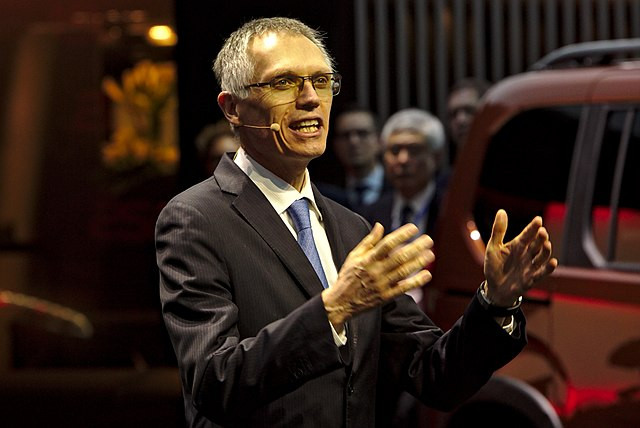Carlos Tavares, the CEO of Stellantis, has resigned from his position effective immediately, marking the end of a tenure marked by profitability and controversy. Stellantis, the world's fourth-largest automaker and parent company of brands such as Jeep, Dodge, Chrysler, and Peugeot, announced the resignation on Sunday, attributing the decision to a divergence of views between Tavares and the company's board of directors.
Henri de Castries, Stellantis' Senior Independent Director, stated, "In recent weeks, different views have emerged, which have resulted in the Board and the CEO coming to today's decision." The automaker has begun its search for a new CEO, aiming to appoint a successor by mid-2025. In the interim, Chairman John Elkann will head an executive committee to oversee operations.
Tavares, who had been expected to retire at the end of his contract in 2026, was pivotal in orchestrating the 2021 merger between Fiat Chrysler Automobiles and PSA Groupe to form Stellantis. The merger initially positioned the company as a leading global player, but recent years have seen mounting challenges, particularly in the U.S. market, which remains Stellantis' most critical revenue source.
The resignation comes amid plunging sales, soaring vehicle prices, and widespread criticism from labor unions, dealers, and even Stellantis' board. U.S. sales dropped by 17% in the first nine months of 2024, with global sales experiencing a 20% decline in the third quarter alone. The average price of a Stellantis vehicle in the U.S. reached $58,000 in 2023, pricing out many of its core customers, according to data from Edmunds.
Kevin Farrish, chairman of Stellantis' U.S. Dealers Council, had previously criticized Tavares in a letter, stating, "The reckless short-term decision-making to secure record profits in 2023 has had devastating, yet entirely predictable, consequences in the U.S. market." Farrish blamed Tavares' emphasis on profitability and executive compensation for eroding consumer trust and market competitiveness.
Adding to the automaker's troubles, Stellantis faced significant backlash from the United Auto Workers (UAW) union over plant closures and layoffs. This year alone, the company announced the indefinite idling of the Toledo Assembly Complex South plant, affecting 1,100 workers, and earlier layoffs at a Michigan truck facility impacting 1,200 employees. The UAW had called for Tavares' resignation, accusing the CEO of mismanagement and mistreatment of the workforce.
In response to Tavares' departure, the UAW released a statement, saying, "The UAW welcomes the resignation of Stellantis CEO Carlos Tavares, a major step in the right direction for a company that has been mismanaged and a workforce that has been mistreated for too long."
Tavares' strategy of aggressive cost-cutting, which included a reported $9 billion in savings from the merger, was seen by some as excessive. Stellantis reduced its workforce by 15.5%-approximately 47,500 jobs-since 2019, while outsourcing work to lower-cost countries such as Mexico and Brazil. Although these measures bolstered short-term profitability, critics argue they eroded long-term stability.
Despite these challenges, Tavares leaves behind a legacy of financial milestones. Under his leadership, Stellantis achieved record profits in 2023, earning him a compensation package of €36.5 million ($36.8 million), the highest among global automotive CEOs. However, the pay package was met with widespread criticism, with labor and industry representatives arguing it reflected a misalignment of priorities.




